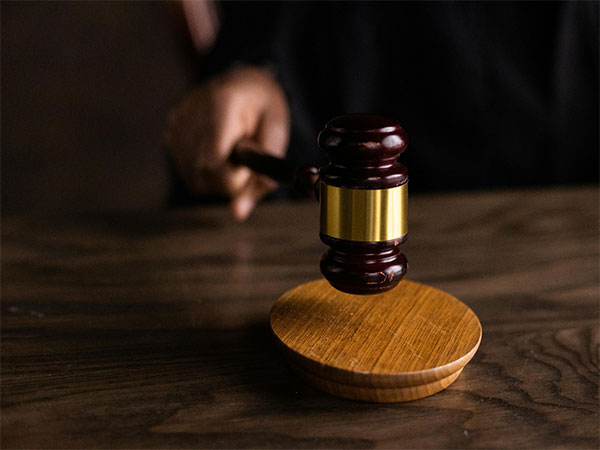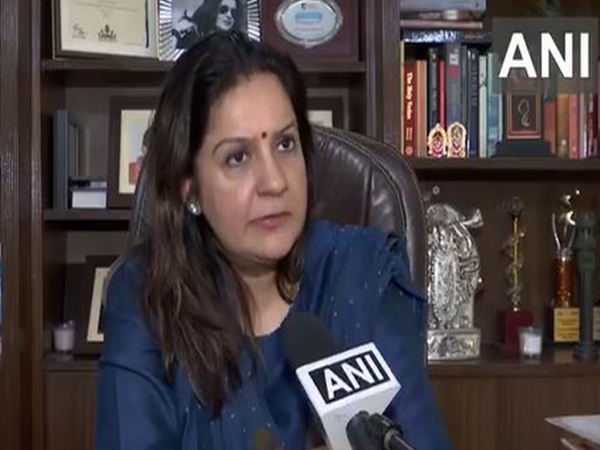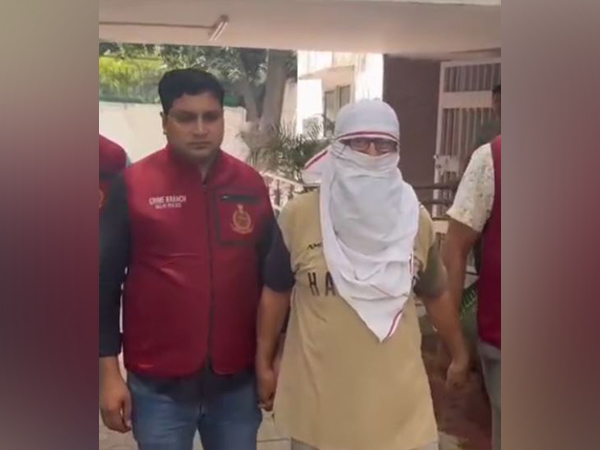New Delhi [India], May 20 (ANI): The Supreme Court on Tuesday was told by petitioners challenging the Constitutional validity of the Waqf (Amendment) Act, 2025, that the Act has been framed to protect Waqfs but in reality, it is designed to “capture Waqfs” through a process which is non judicial.
Senior advocate Kapil Sibal, appearing for petitioners, objected to the provision empowering a government Officer to decide disputes about whether Waqf properties have encroached on government land.
He said that private properties are being taken away only because of dispute. “A officer above Collector is appointed to see the dispute, and meanwhile till the dispute is decided, the property is taken away and loses its character as a Waqf property,” Sibal argued.
A bench of Chief Justice of India BR Gavai and Justice Augustine George Masih was hearing the arguments on interim relief in the case.
The senior advocate further told the bench that the 2025 amendments nullified the principle “once a Waqf, always a Waqf.”
Sibal contended that earlier, though the property was preserved as an ancient monument the identity of the property did not change from being a Waqf and get transferred to the government.
“Now such Waqf property shall be void, and once Waqf is void, people will be stopped from going to pray. The right to freely practice religious activity is curtailed,” contended Sibal.
To this, CJI said that people still go and pray at Khajurao temple though it is preserved as an ancient monument.
He further argued that under the previous law, non-registration of the Waqf properties did not affect the validity of the Waqfs and the only consequence was that the Muttawalli would have to pay some penalty.
“However, the 2025 amendment makes a complete departure to state that if there was no registration, the Waqf will no longer be recognised,” he added.
Next, Sibal objected to the provisions allowing the nomination of non-Muslims to the Central Waqf Council and the state Waqf Boards.
He further pointed out that in none of the laws relating to Hindu endowments, persons from other religions are allowed.
On the Centre’s stand that the 2025 amendments are to regulate the secular aspects of property administration, Sibal said the creation of Waqf is not a secular activity. “It is a Muslim’s property which he dedicates to God,” he added.
Senior advocates Rajeev Dhawan, Abhishek Manu Singhvi, CU Singh also argued for the petitioners.
The bench will continue hearing the arguments of Centre.
The previous bench headed by the then CJI Sanjiv khanna had said it will consider three issues for interim relief — de-notifying Waqf properties whether they are Waqf by deed or Waqf by user, nomination of non-Muslims to the Waqf Council and State Waqf Boards and identification of government land under Waqf.
Solicitor General Tushar Mehta, representing the Centre, had earlier assured the apex court that the three key provisions of the Waqf Act will not be given effect to for some time.
Solicitor General of India had also given an assurance that no appointments will be made to the Waqf Council or Waqf boards.
A batch of petitions challenging the Act was filed before the apex court contending that it was discriminatory towards Muslim community and violates their fundamental rights.
Six Bhartiya Janta Party-ruled states had also moved the apex court in the matter, in support of the amendment.
President Droupadi Murmu on April 5 gave her assent to the Waqf (Amendment) Bill, 2025, which was earlier passed by Parliament after heated debates in both Houses.
Central government had filed its preliminary affidavit in the Supreme Court while seeking dismissal of petitions challenging constitutional validity of Waqf (Amendment) Act, 2025 as it said law was not violative of the fundamental rights guaranteed under the Constitution.
The Centre in its affidavit had said the amendments are only for the regulation of the secular aspect regarding the management of the properties and hence, there was no violation of the religious freedoms guaranteed under Articles 25 and 26 of the Constitution.
The Central government had urged the court not to stay any provisions of the Act said that it is a settled position in law that constitutional courts would not stay a statutory provision, either directly or indirectly, and will decide the matter finally. (ANI)
Disclaimer: This story is auto-generated from a syndicated feed of ANI; only the image & headline may have been reworked by News Services Division of World News Network Inc Ltd and Palghar News and Pune News and World News
HINDI, MARATHI, GUJARATI, TAMIL, TELUGU, BENGALI, KANNADA, ORIYA, PUNJABI, URDU, MALAYALAM
For more details and packages

















